An Art of Skin Pampering: Lavender's Luxurious Touch on Your Skin
Feb 29, 2024 By Nancy Miller
Lavandula angustifolia, the most prevalent species, is among the nearly forty botanical species constituting lavender seeds from a botanical standpoint. Its essential oils possess powerful physiological effects and are abundant in this precious substance, contributing to its distinctive and cherished aromas. In addition to food and fragrance, it finds extensive use in cosmetics and herbal remedies. In addition, it possesses one of the world's most unique and prized aromas.
Lavender poses a challenge in certain regions of the globe, where it is regarded as a weed because of its rapid growth and spread. Alongside salad condiments, honey, sauces, beverages, and teas, it is a flavoring agent in several cultural dishes. Lavender essential oil is highly sought after in terms of its availability.
History Of Lavender
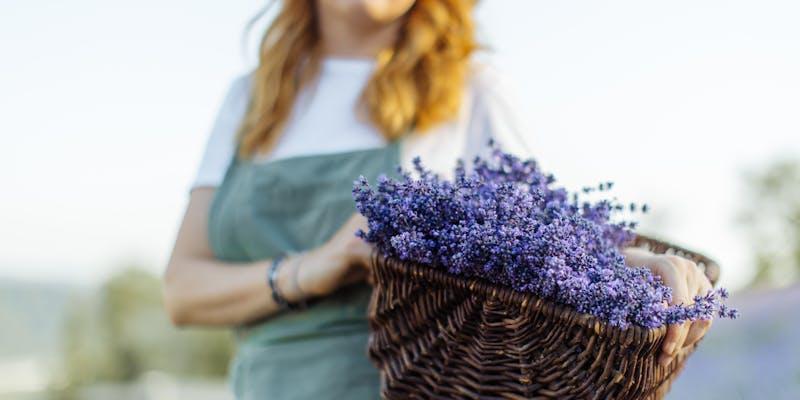
Lavender is possibly derived from the regions of the Mediterranean, the Middle East, and India. Its history dates back a millennium. Lavender, an aromatic plant species belonging to the mint family, is widely recognized for its pleasing appearance, pure floral fragrance, and multifunctional utility. Colloquially referred to as Nard, Lavender Nardus was given its appellation by the ancient Greeks in honor of the Syrian city of Naarda. Lavender, also designated as "spikenard" in the Bible's "Song of Solomon," among other pertinent passages, was one of the sacred herbs employed in producing the Holy Essence and Candle.
The origin of the name lavender can be traced back to the Latin verb lavare, which signifies "to wash." The Romans utilized lavender seeds as a fragrance agent for beds, bathing, equipment, and hair. Further investigation revealed its therapeutic properties. At this time, except for its origin countries, lavender seeds are also cultivated in Africa, Europe, Australia, New Zealand, North America, and South America. Its pervasiveness is understood because of its appealing blossoms, alluring fragrance, and diverse uses.
Benefits Of Lavender for Skin
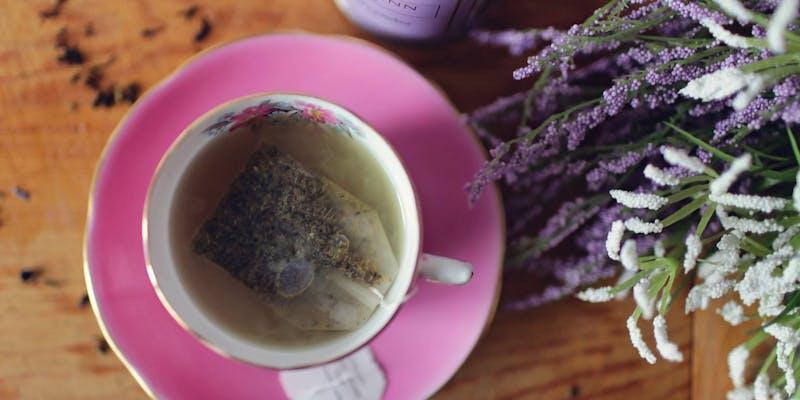
Reduces Pores
Oily or mixed skin types often have enlarged pores, which can lower self-esteem and attractiveness. Huge pores can let germs into the body and cause infections. Lavender oil reduces acne and tightens pores due to its stress-relieving properties. Lavender essential oil regulates sebaceous glands, making skin less shiny and pores smaller.
Stress, which damages the skin, can worsen skin issues. Lavender oil calms skin more than mental health, producing a more refined and healthy appearance. Apply lavender oil regularly to reduce pores and refine skin. Lavender seeds and oil have two main benefits for personal care. Preventing harmful bacteria from entering the skin improves long-term health and addresses oiliness and pore size. It balances skin oil production to control oiliness and dryness.
Soothes And Hydrates Skin
Maintaining the skin's moisture barrier is lavender's main role in preventing dryness. If you want young, supple, moisturized skin, use oil. Due to its antifungal properties, lavender may relieve inflammation, redness, and irritation in dermatitis and dry skin. The skin's outer layer needs water to function properly. By promoting skin lipid health, lavender tea prevents dry or oily skin.
Calming results in speedy healing and reduced pain, especially for sensitive skin. Numerous cultures have documented lavender's long use as a personal hygiene product. Its adaptability allows it to be used on any skin type and naturally maintain it. Good hygiene should include lavender, which can help treat skin conditions like eczema and give you a more youthful appearance by hydrating and calming. Incorporating a lavender massage is also beneficial.
Prevents Breakouts
Lavender tea and oil, recognized for their potent antibacterial properties, effectively challenge acne-causing bacteria. Purifying and unclogging pores guarantee the skin's hygiene and permeability. Because of its anti-inflammatory properties, it alleviates the pain, redness, and edema associated with acne flare-ups, rendering it an indispensable remedy.
Notably advantageous for individuals with oily or acne-prone skin is that lavender oil does not obstruct pores, an essential quality to consider. One potentially transformative addition to any skincare regimen, lavender tea and oil offers a natural and gentle approach to achieving clearer skin. A lavender massage also helps with back acne.
Reduces Dark Spots
The natural reduction of dark spot appearance may be achieved by applying lavender essential oil. Its anti-inflammatory properties enhance the appearance of more radiant, uniform skin by alleviating skin discoloration and imperfections in skin tone. Regular application has effectively diminished dark age spots and various other types of skin discoloration.
Excessive melanin production due to inflammation, pollution, UV exposure, or hormonal imbalances can all contribute to pigmentation issues. One should seek guidance from a reputable natural health expert regarding the advantages of lavender oil for lavender massage, specifically regarding fatty skin and the reduction of hyperpigmented patches. Its tranquil properties make it a promising contender, particularly for individuals seeking alternatives to conventional treatments.
Blood Circulation
Lavender is essential in maintaining skin health because it enhances blood circulation. The augmentation in blood flow supplies skin cells with additional oxygen, thereby invigorating and facilitating the regeneration of the cells. Using new cell production, the skin is revitalized, resulting in a youthful appearance and increased radiance.
Moreover, the prominent anti-aging effects may arise from lavender's capacity to improve circulation. Implementing skin augmentation reduces the visibility of creases, alleviating the symptoms associated with aging.
Maintains Skin's pH
Eczema, dryness, acne, premature aging, and oily skin may be prevented by maintaining your skin's pH. These acid-base imbalance-related disorders undermine the body's natural barrier and make it more susceptible to dangerous substances. Lavender Water's pH-balancing properties promote a healthy complexion.
An acidic pH of 5.5–6.5 is ideal for skin health. Acidity supports the skin's barrier function, which protects it from external stress. Pollution, harsh skincare products, and poor diets upset this skin's delicate balance, leaving it more susceptible to issues. Lavender water may help regulate skin pH when used in a skincare program. Its fragile nature makes it safe to use daily and makes skin health and balance easy.
Therapeutic Properties
Its medical properties have been revered since the Greeks used lavender to treat burns, wounds, and diseases. Antiseptics accelerate skin healing by preventing infections. Lavender Water accelerates collagen production, reshapes tissues, and speeds wound healing.
Lavender tea may speed wound healing beyond anecdotes. Studies demonstrate that lavender oil promotes skin wound healing by encouraging cell growth and repair. Thus, lavender water may treat minor burns, wounds, and other skin conditions. It detoxifies and removes pollutants to make the skin healthier and recover faster.

Best Weight Training Workouts For Field Hockey

Gluten-Free Diet: A Guide On Foods, Benefits, And Diet Plan
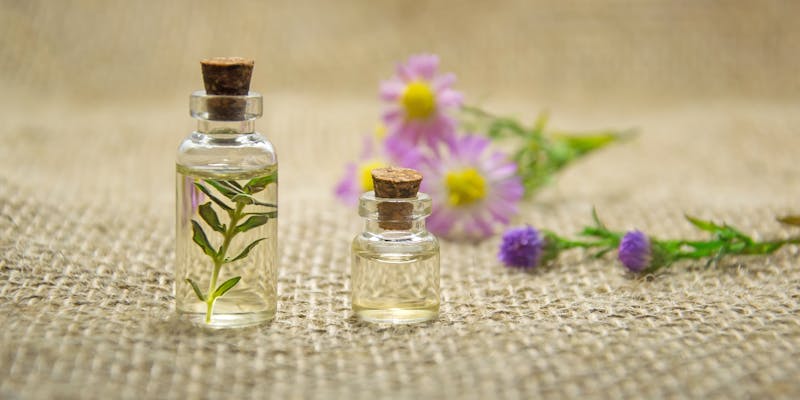
Essential Oils: The Key to Unlocking Your Health's Full Potential!
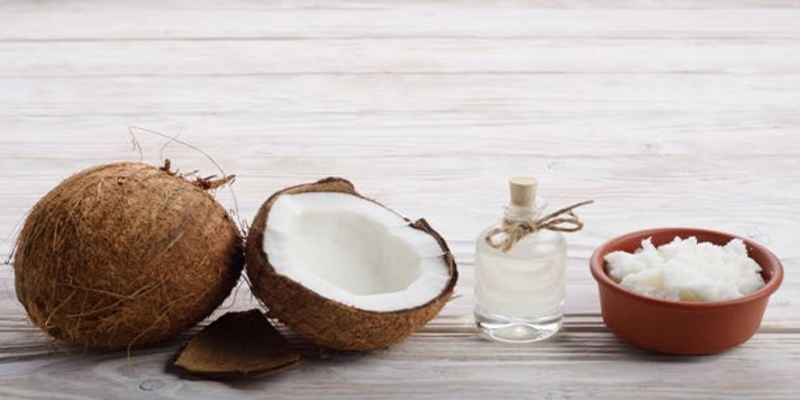
10 Ways Coconut Oil Can Enhance Your Summer Beauty Routine

Understanding the Nutritional Power of Mangoes
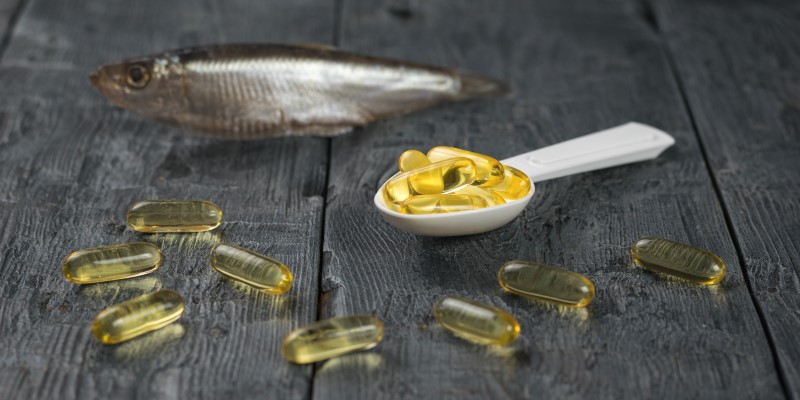
The Life Span of Fish Oil Softgels: Debunking the Expiration Mystery
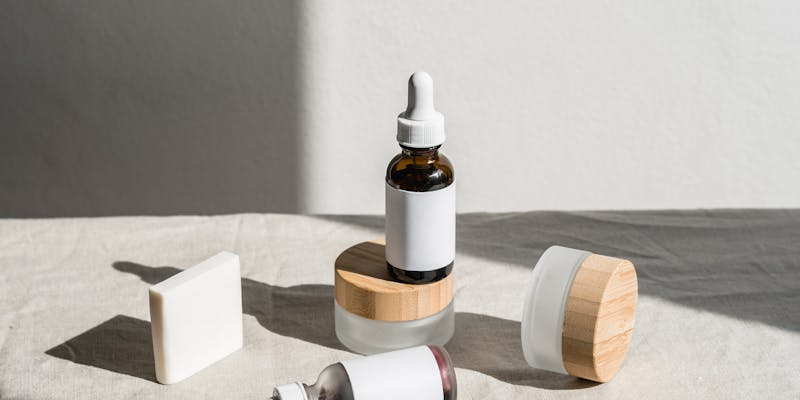
Glycolic Acid and Retinol: Is It Safe To Use Them Together?


